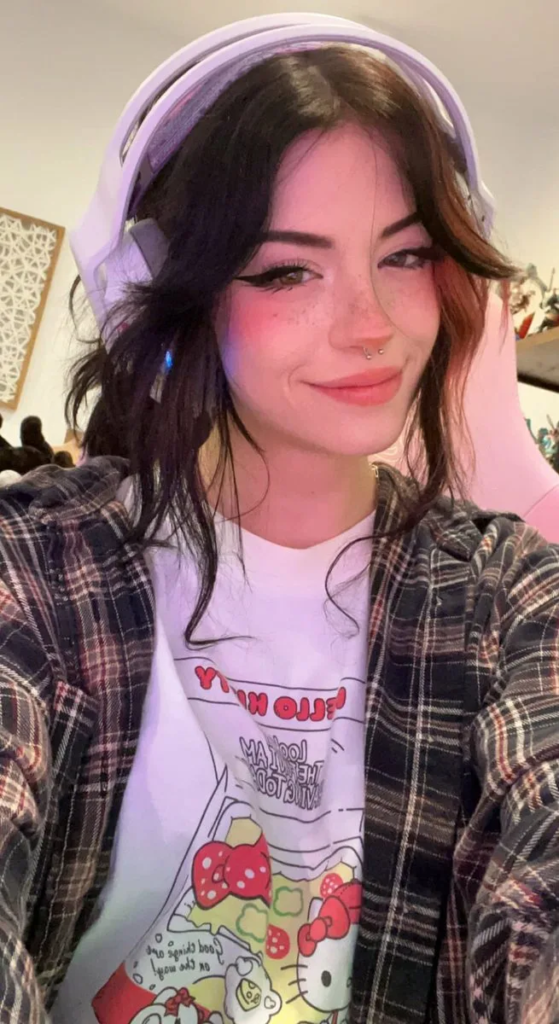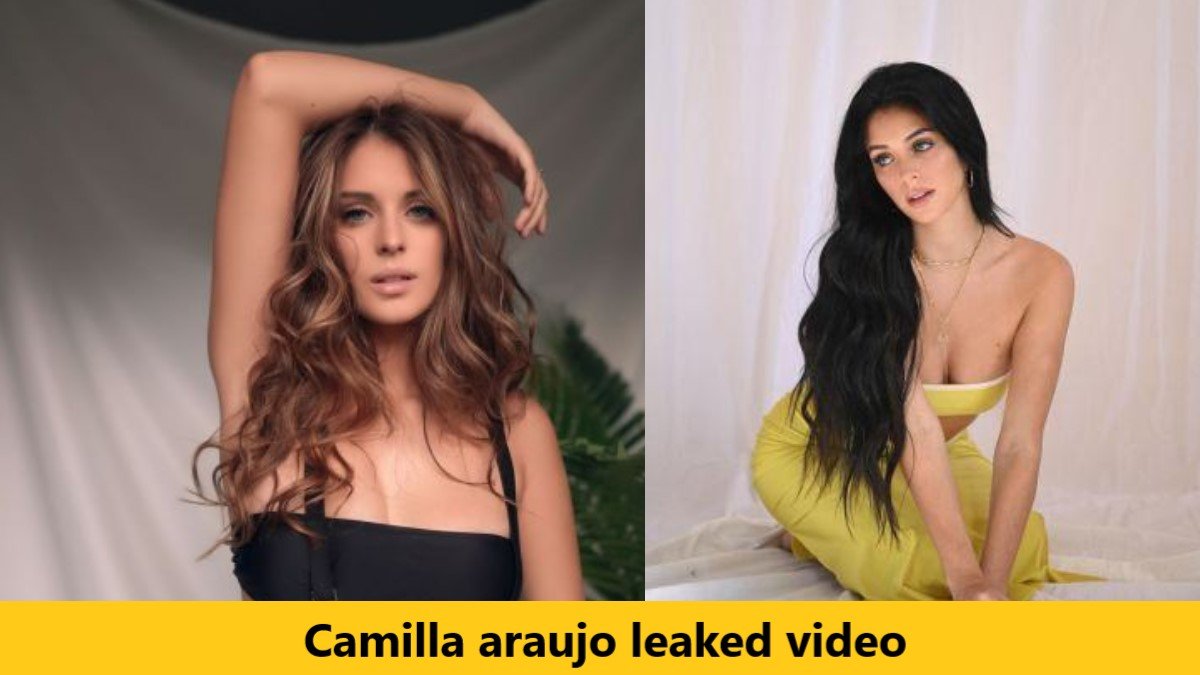The internet is no stranger to viral stories, but some can have a lasting impact on the people involved. One such case that has captured attention recently is the HannahOwo leak, a situation that sparked a wave of discussions across social media platforms. In this article, we’ll delve into the details of the leak, its aftermath, and the broader implications it has for digital privacy, social media culture, and the responsibilities of both influencers and their audiences.
What is the HannahOwo Leak?
The HannahOwo leak refers to the unauthorized sharing of private content associated with an internet personality known as Hannah Owo. The content that was leaked primarily consisted of private images and videos that were meant to be personal. While it’s not uncommon for celebrities, influencers, and public figures to face similar privacy breaches, the HannahOwo leak garnered significant media and social media attention due to the widespread dissemination of these materials.
Who is Hannah Owo?
Before diving into the details of the leak itself, it’s important to understand who Hannah Owo is and why she has a large following. Hannah Owo, often referred to by her online handle, is a popular social media personality known for her presence on platforms like TikTok, Twitch, and OnlyFans. Her rise to fame came from a combination of her attractive persona, engaging content, and personality-driven online presence.
Over time, Hannah has built a massive following across multiple platforms, with fans particularly drawn to her relatable and charismatic nature. However, being a social media influencer also comes with its challenges, and one of those challenges is the constant pressure to maintain a perfect online persona, as well as the risk of becoming a target for harassment or exploitation.
The Impact of the HannahOwo Leak
When the HannahOwo leak occurred, the consequences were felt on multiple fronts. For Hannah Owo herself, the breach of her privacy was an incredibly distressing experience. Not only did it expose intimate and personal content to millions of people, but it also violated the trust that influencers and their audiences typically share.
On a broader level, the leak sparked a conversation about the ethics of privacy and online security. With the rapid rise of social media and adult content platforms like OnlyFans, more individuals are sharing personal material online, and the lines between private and public content are often blurred. The HannahOwo leak is a stark reminder that no matter how much control someone may think they have over their content, the reality is that once something is online, it can be shared beyond anyone’s control.
Social Media Reaction
As expected, the HannahOwo leak went viral in the blink of an eye, with countless social media users and platforms taking part in the conversation. Many people expressed sympathy and support for Hannah, condemning the invasion of privacy. However, there were also individuals who took advantage of the situation, spreading the leaked content even further. This raised concerns about the role of social media platforms in either facilitating or curbing such incidents.
Platforms like Twitter, Instagram, and TikTok quickly became battlegrounds for discussions surrounding the leak. While some expressed outrage and empathy for the influencer, others became more focused on the leaked content itself. This disparity in reactions highlights an important issue: social media culture often revolves around sensationalism, where the person behind the content can become secondary to the spectacle.
The Legal and Ethical Considerations of the HannahOwo Leak
One of the most pressing questions raised by the HannahOwo leak revolves around the legality and ethics of sharing such content without consent. In many countries, the act of distributing private images or videos without the individual’s consent is considered a criminal offense. This is commonly referred to as “revenge porn” or “non-consensual pornography,” and it can lead to severe legal consequences for those responsible for the leaks.
Consent and Privacy in the Digital Age
In today’s digital age, issues related to consent and privacy are more complicated than ever. The HannahOwo leak highlights the difficulty of maintaining personal privacy when someone is constantly in the public eye. For influencers, content creators, and others who share personal material online, the issue becomes even more complex. They often navigate a fine line between sharing intimate details with their audience while trying to retain some level of privacy.
It is important to note that consent is paramount in any situation involving private content. Whether someone is an influencer, celebrity, or private citizen, their right to control what is shared and how it is shared should never be undermined. Unauthorized leaks not only violate these rights but can also have long-term emotional and psychological consequences.
Legal Recourse for Victims
Fortunately, legal frameworks in many jurisdictions are evolving to better protect individuals from this type of exploitation. In the United States, for example, several states have enacted laws that specifically criminalize the distribution of non-consensual explicit content. These laws can help victims like Hannah Owo take legal action against those responsible for the leak. However, legal processes can be slow and complicated, and the internet’s vast nature often makes it difficult to track down perpetrators.
Many social media platforms have taken steps to address the issue of non-consensual leaks by implementing reporting mechanisms, removing inappropriate content, and banning users who share harmful material. However, despite these measures, the rapid spread of leaked content can often be impossible to fully contain.
How Did the HannahOwo Leak Happen?
Understanding how the HannahOwo leak occurred is crucial for anyone looking to prevent similar incidents in the future. While the exact details of how the leak happened may not be entirely clear, it’s likely that hackers, scammers, or other malicious actors gained unauthorized access to private material through various means.

The Role of Hacking and Cybersecurity
One potential avenue for the leak could have been hacking. Cybercriminals and hackers are known to target individuals with a high online profile, including influencers and celebrities. These hackers often exploit weak security measures, such as poor password hygiene or vulnerabilities in online platforms, to gain access to sensitive data.
Hacking and data breaches have become increasingly common, with many high-profile leaks of personal data affecting individuals from all walks of life. For influencers like Hannah Owo, it’s crucial to implement strong cybersecurity practices, such as two-factor authentication, secure passwords, and regular audits of online accounts.
The Dangers of Sharing Personal Content
Another factor that likely contributed to the HannahOwo leak is the risk that comes with sharing personal content online. Platforms like OnlyFans encourage creators to share explicit or intimate material for profit, which can expose them to potential leaks. While these platforms offer some level of security and control, once content is uploaded and shared, it is never completely safe from being stolen or leaked.

Influencers need to carefully consider the risks associated with posting personal content and weigh the potential consequences. Unfortunately, even the most careful precautions cannot guarantee complete security, especially in an online environment where malicious actors are constantly evolving their tactics.
Conclusion: The Aftermath and Moving Forward
The HannahOwo leak serves as a wake-up call for influencers, content creators, and internet users alike. It highlights the need for better security practices, stronger legal protections, and a more ethical approach to consuming and sharing online content. While it is important to hold individuals accountable for violating privacy, it is equally crucial to foster a culture of respect and empathy online.
For victims like Hannah Owo, the road to recovery after such an ordeal can be long and challenging. It is essential for both creators and their audiences to understand the impact of these incidents and to work together to create safer digital spaces. The HannahOwo leak may have been a painful experience, but it also provides an opportunity for society to have critical conversations about privacy, consent, and the responsible use of digital platforms.




